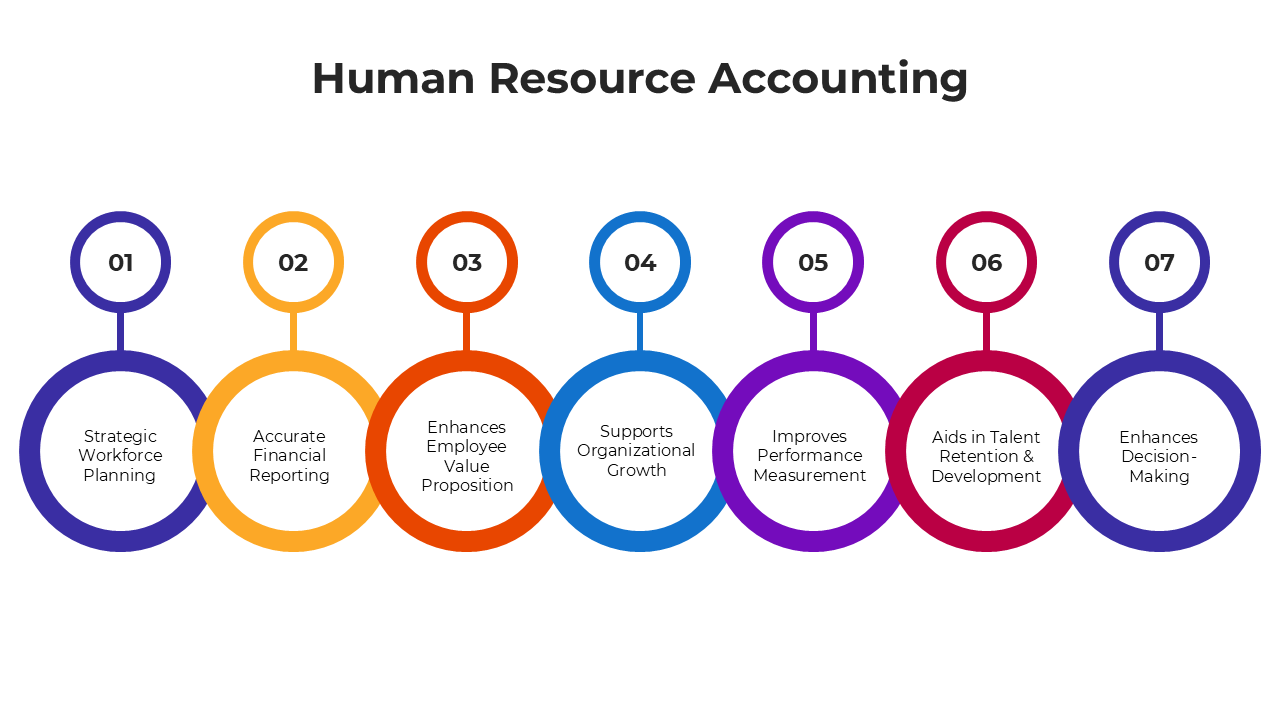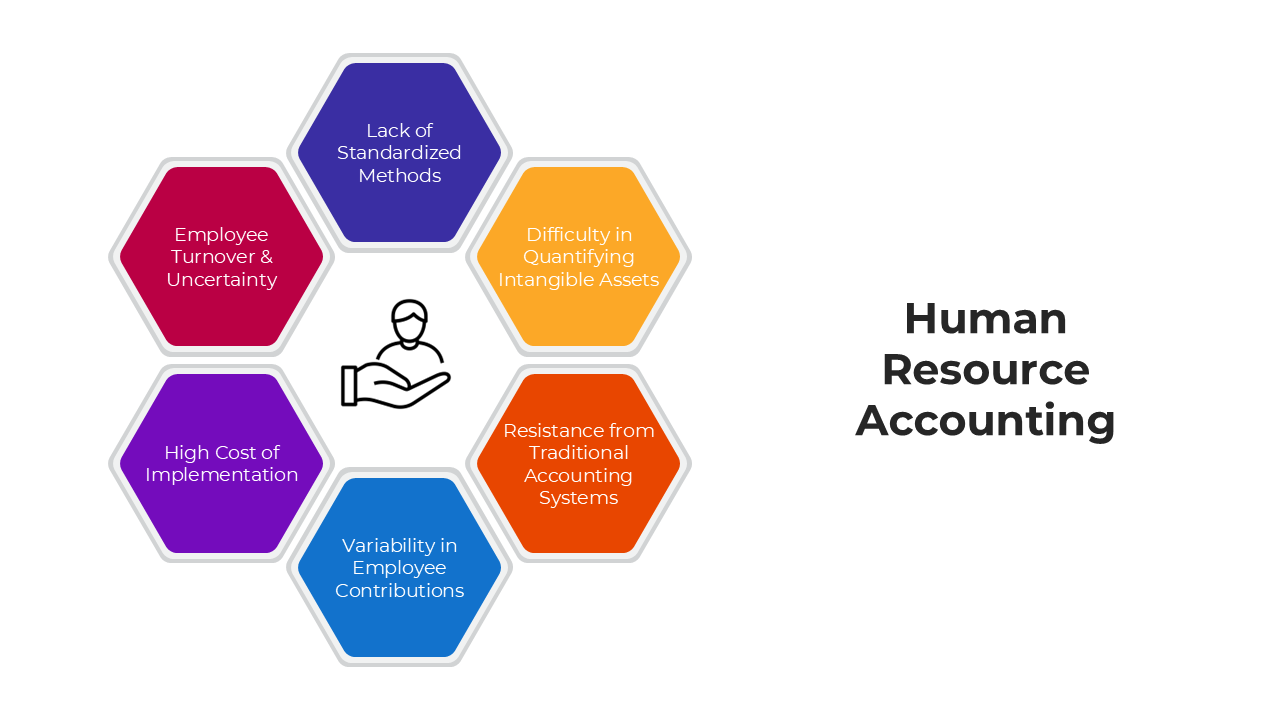
How can we help you today?
Registered Office
Infowan Technologies Pvt Ltd
Mumbai-401107. INDIA.
Contact Details
+91 98201 97205
+91 98201 26871
+91 98670 74415
support@infowan.net
info@infowan.net
|
Table of Contents
|
|---|
| What is Human Resource Accounting (HRA)? |
| Historical Background. |
| Key Objectives of HRA. |
| Importance of Human Resource Accounting. |
| Methods of Human Resource Accounting. |
| • Cost-Based Methods |
| • Value-Based Methods |
| • Key Points on Methods |
| Benefits of Human Resource Accounting. |
| Challenges and Limitations. |
| The Future of Human Resource Accounting. |
| Role of HRMS in Human Resource Accounting. |
| Boost Your HRA with Infowan HRMS. |
| Conclusion. |
| Frequently Asked Questions (FAQs) |

In today’s competitive business environment, the true value of an organization lies not only in its financial or physical assets but also in its workforce. Human resource accounting (HRA)allows businesses to measure, quantify, and report the value of employees, treating them as strategic assets rather than just staff.
Human resource accounting helps organizations make informed decisions regarding training, recruitment, retention, and overall workforce management. By recognizing employees as valuable contributors to profitability, HRA bridges the gap between human resources and financial performance. Companies that integrate human resource accounting with HRMS software solutions gain an even clearer picture of employee value.
Companies implementing human resource accounting can assess employee performance, justify HR expenditures, and plan long-term investments in human capital. In essence, HRA transforms human talent into a measurable asset that directly contributes to business growth and competitiveness. Modern employee management systems can further enhance this process by automating tracking and reporting.
Human resource accounting is a systematic approach to identifying, measuring, and reporting the value of an organization’s employees. Unlike traditional accounting methods, which focus primarily on tangible assets like machinery or real estate, HRA emphasizes intangible assets — the skills, knowledge, experience, and productivity of the workforce.
HRA was introduced in the 1960s by Eric Flamholtz, who highlighted the need to recognize human resources as assets.
Organizations increasingly acknowledged that employee performance and knowledge directly impact profitability.
Human resource accounting links HR management practices with financial accountability, providing a clearer understanding of workforce value.
Example: A company invests $5,000 in training an employee who later contributes $20,000 in additional revenue. Human resource accounting calculates the return on this investment, enabling management to make better decisions regarding training and talent development. Integrating HRMS software in Mumbai can make this calculation easier and more precise.

Assign a financial figure to employees’ knowledge, skills, and experience.
Support recruitment, promotions, compensation, and training choices with measurable insights.
Ensure employees’ abilities are effectively utilized across projects and departments using online HR management software.
Offer stakeholders a clear understanding of the workforce’s contribution to organizational success and support strategic HR planning and motivation.
Additional objectives include supporting strategic HR planning and recognizing employee contributions in measurable terms to encourage engagement and productivity.

The following sections summarize the core elements of HRA, with practical points laid out clearly.
Human resource accounting plays a critical role in modern businesses by ensuring the workforce is valued, measured, and effectively managed:

Organizations use human resource accounting methods to determine the value of their workforce. These methods fall into cost-based and value-based approaches:
Cost-Based Methods
Value-Based Methods
Key Points on Methods

The implementation of human resource accounting brings several advantages to an organization:
While valuable, human resource accounting is not without its limitations:
The future of human resource accounting looks promising, driven by technology and analytics:
Modern HRMS (Human Resource Management Systems) makes human resource accounting more practical and efficient:
Example: An HRMS dashboard can display real-time metrics like cost per hire, training ROI, and productivity indexes, all critical for effective human resource accounting.
Infowan’s Payroll & HRMS software simplifies payroll, attendance tracking, performance evaluation, expense management, and more — all in one platform.
Request a Free Demo Today and enhance your human resource accounting capabilities.
Human resource accounting is a powerful tool that transforms how organizations view their workforce. By measuring and valuing employee skills, experience, and contributions, companies can make data-backed HR decisions, optimize resource allocation, improve retention, and achieve long-term growth.
Employees are not just assets — they are investments in the organization’s future success.
Q1. What is human resource accounting?
It is a system to measure, quantify, and report the financial value of employees as organizational assets.
Q2. Why is human resource accounting important?
It helps organizations make informed HR decisions, optimize resource allocation, and attract investors.
Q3. Which methods are used in human resource accounting?
Cost-based (historical cost, replacement cost) and value-based (present value of future earnings, competitive bidding) methods are commonly used.
Q4. How does HRMS support human resource accounting?
HRMS automates payroll, attendance, performance tracking, and provides real-time workforce analytics.
Q5. Can human resource accounting improve employee retention?
Yes, by recognizing employee contributions and linking performance to rewards and growth opportunities.
Q6. Is human resource accounting only for large organizations?
No, organizations of all sizes can implement HRA to optimize workforce investment and productivity.
Q7. What are the challenges of human resource accounting?
Challenges include subjective valuation, difficulty quantifying skills, lack of standardization, and ethical concerns.
Q8. What is the future of human resource accounting?
Integration with AI, predictive analytics, real-time valuation, and global best practices will drive the future of HRA.
Best HR Software in India | Top HR Software in India | What is an HR System? | Online HR Management Software | Best Payroll Software in India | Employee Payroll Management System | What is a Payroll System? | What is Payroll? | What is HRMS? | What is HR Management? | 7 Roles of HRM | What is Human Resources? | Top HR Interview Questions | What is HR? | HR Analytics Explained | What is HR Compliance? | Human Resource Management Guide | Best HRMS System | HR Management System Software | HR Software for Small Business | Best HRMS Employee Self Service | What are the Functions of HRM | Functions of HRM | Human Resource Accounting | Difference Between HRM and HRD | Best HRMS Software in India | Top HRMS Software in India | HRMS Companies in India | What is 3rd party payroll | Payroll Software list | What is payroll management in HR